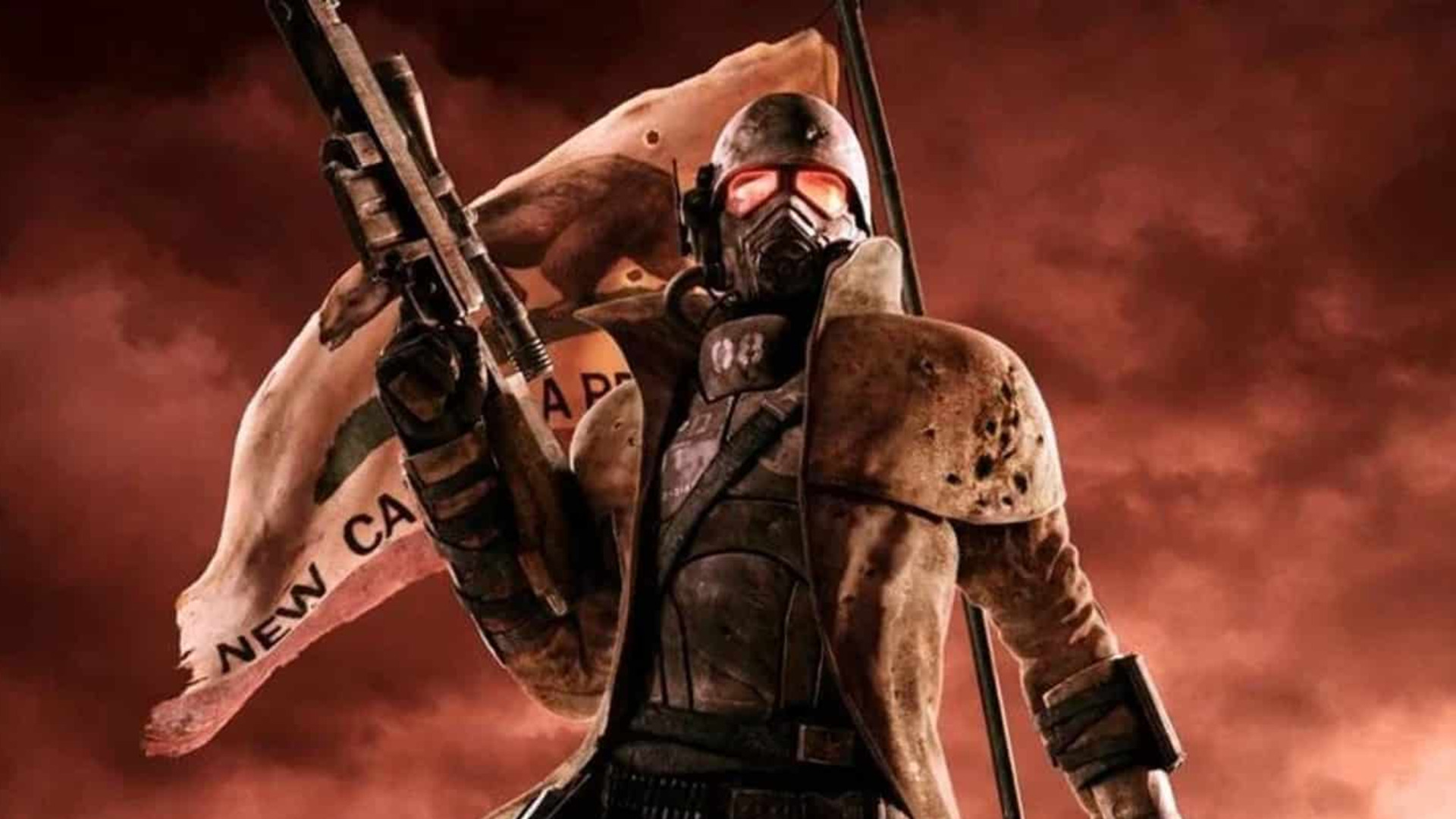"All it does is burn out and demoralize the developers": Obsidian's Josh Sawyer on "what's infuriating" about unrealistic dates for games that simply aren't ready
"It’s a pretty reliable indicator that a game that has not publicly shown gameplay by summer will not ship that game by the end of that year"

RPG veteran Josh Sawyer - you may know him from titles like Fallout: New Vegas, Pillars of Eternity, and most recently Pentiment - has some thoughts about how unrealistic launch windows for in-development games can "burn out and demoralize" the developers working on them.
"After a long time being a game dev, I have developed a useful skill: while I can’t tell you when a game is going to be done, I can tell you when it *won’t* be done with close to 100% accuracy," Sawyer says in a tweet. He followed up with a substantial thread explaining some of the clear internal indicators that a game is not going to make its target date.
Assuming that the goal of the publisher is *not* to make shovelware, i.e. they are not trying to just get *anything* out the door regardless of quality, there are a few clear indicators that a game is not going to ship at a stated date. https://t.co/qVimo8lYhGJuly 26, 2024
"The biggest one is that data shows the trajectory of content completion lands so far past the date that even cutting remaining content will require more work than available time," Sawyer explains. "Cutting content does save development time, but there are also costs to cutting. It's not 'free.'"
There are other indicators, too, like when content is being built before gameplay features have reached their most basic, shippable forms - or 'minimum viable product,' in software development terms. "If you don't know how gameplay works, your content can't be designed for it. This means that content will eventually be reworked or cut," Sawyer says. "If a gameplay feature is at MVP, it's much simpler to revise content as the feature is revised. If the feature simply doesn't exist in the game, obviously that's not possible."
The most reliable way to know when a game is on target to ship is when a project has "a) predictable and reliable content creation b) all significant gameplay features at MVP c) all pipelines up and running," Sawyer says.
"What's infuriating about silly exec and production dates is that anyone with a decent amount of experience knows that if a, b, and c are not there, they can't reliable predict an end point, but they will try to do so with confidence and mash schedules to make it happen. All it does is burn out and demoralize the developers and (justifiably) erode confidence in management."
Do you want to be able to predict unrealistic launch targets at home? Sawyer says "it’s a pretty reliable indicator that a game that has not publicly shown gameplay by summer will not ship that game by the end of that year." Take that knowledge and apply it as you will.
Weekly digests, tales from the communities you love, and more
How many of the biggest video game release dates on the horizon will be delayed?

Dustin Bailey joined the GamesRadar team as a Staff Writer in May 2022, and is currently based in Missouri. He's been covering games (with occasional dalliances in the worlds of anime and pro wrestling) since 2015, first as a freelancer, then as a news writer at PCGamesN for nearly five years. His love for games was sparked somewhere between Metal Gear Solid 2 and Knights of the Old Republic, and these days you can usually find him splitting his entertainment time between retro gaming, the latest big action-adventure title, or a long haul in American Truck Simulator.


